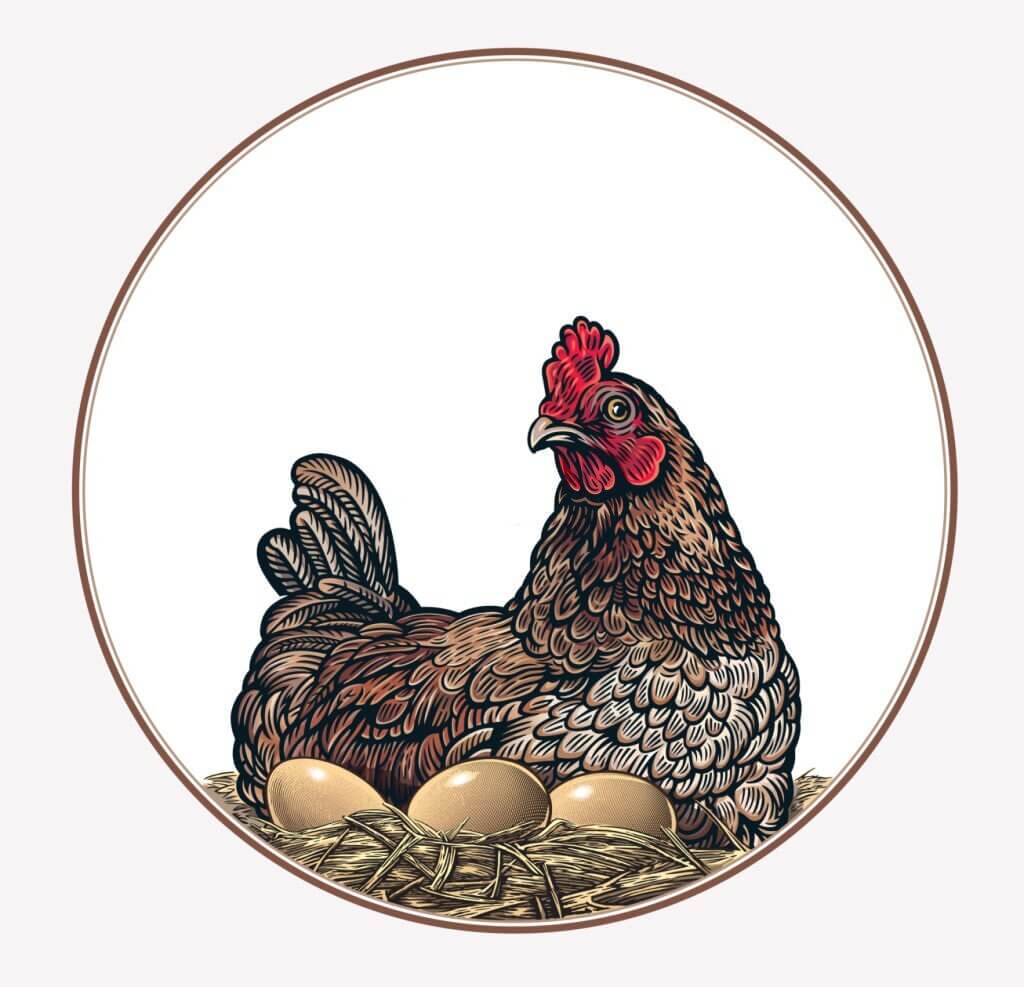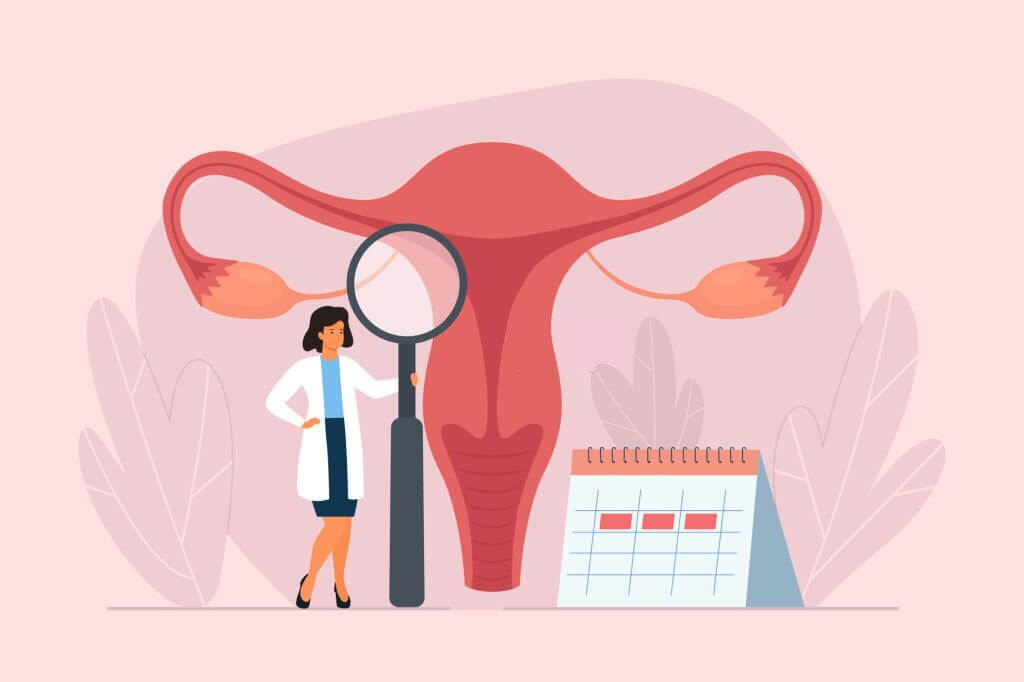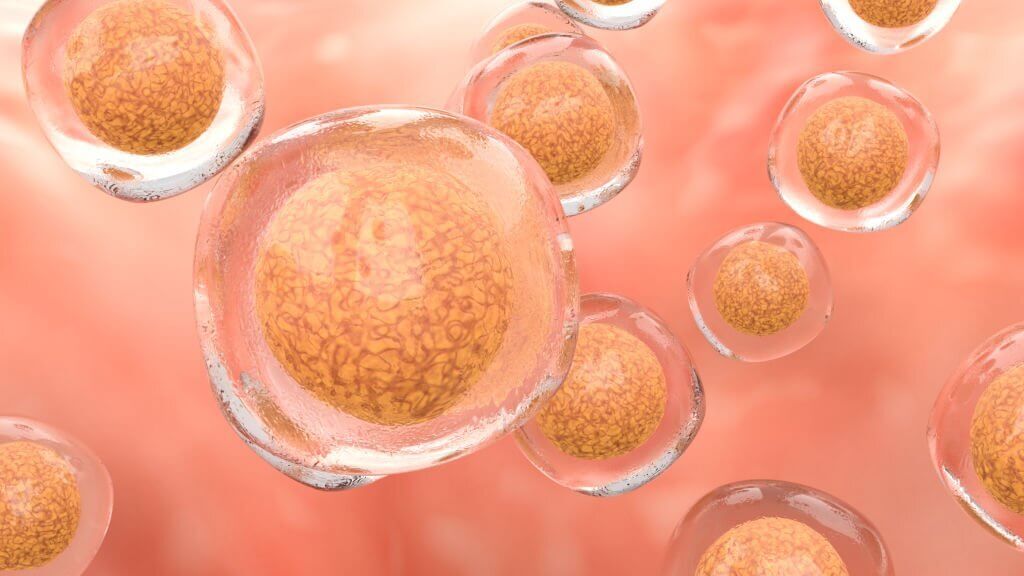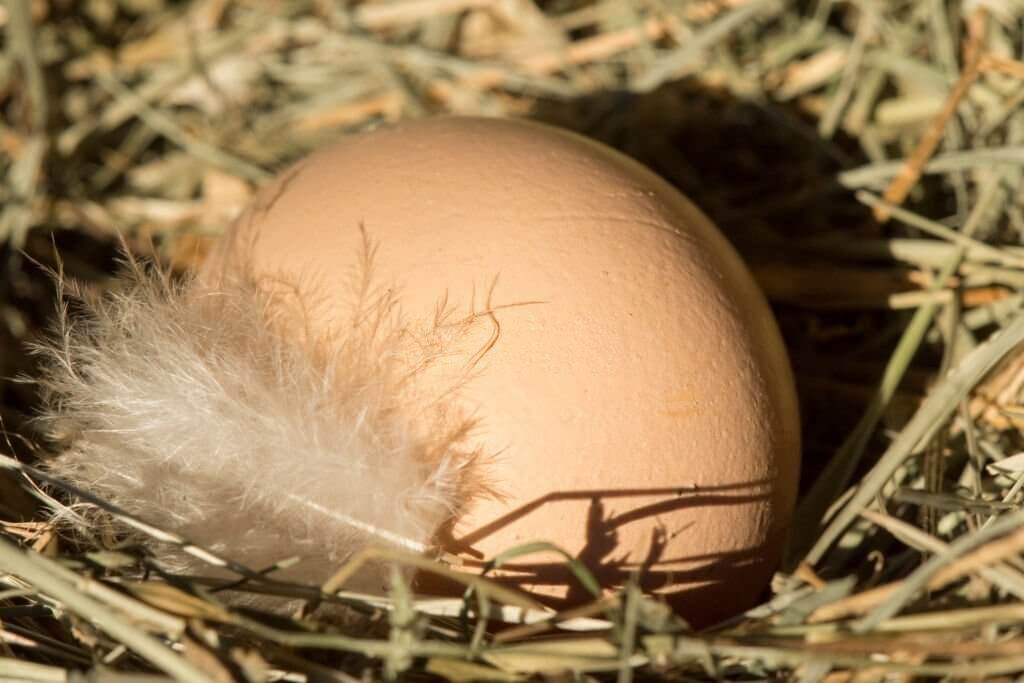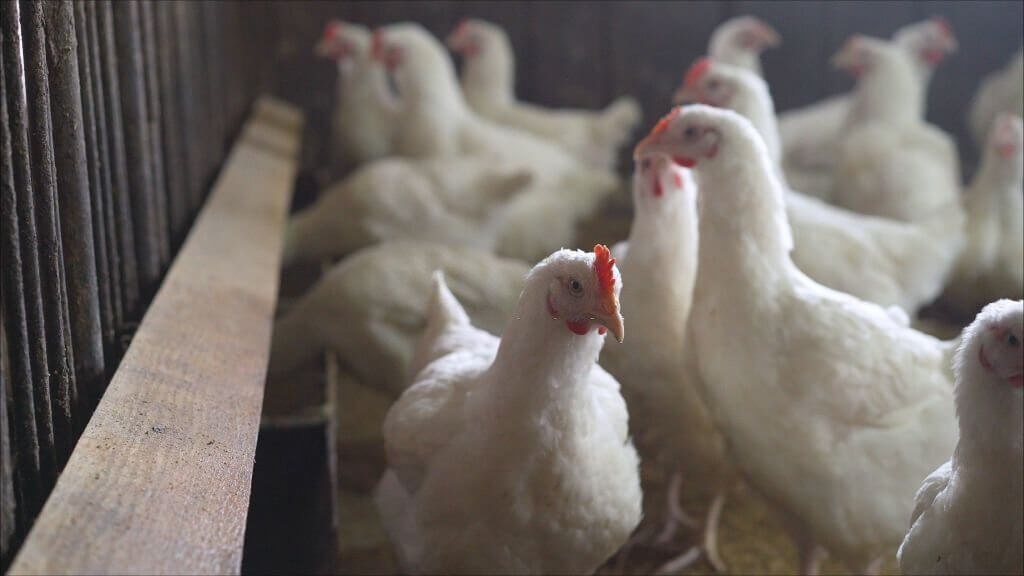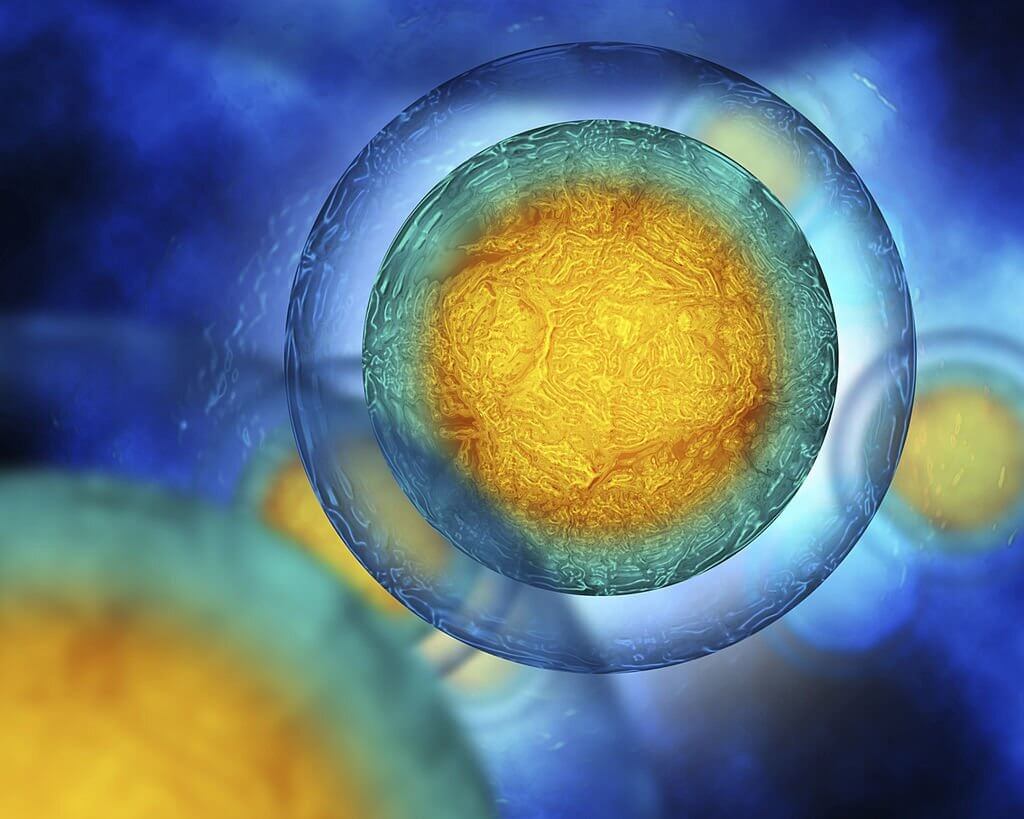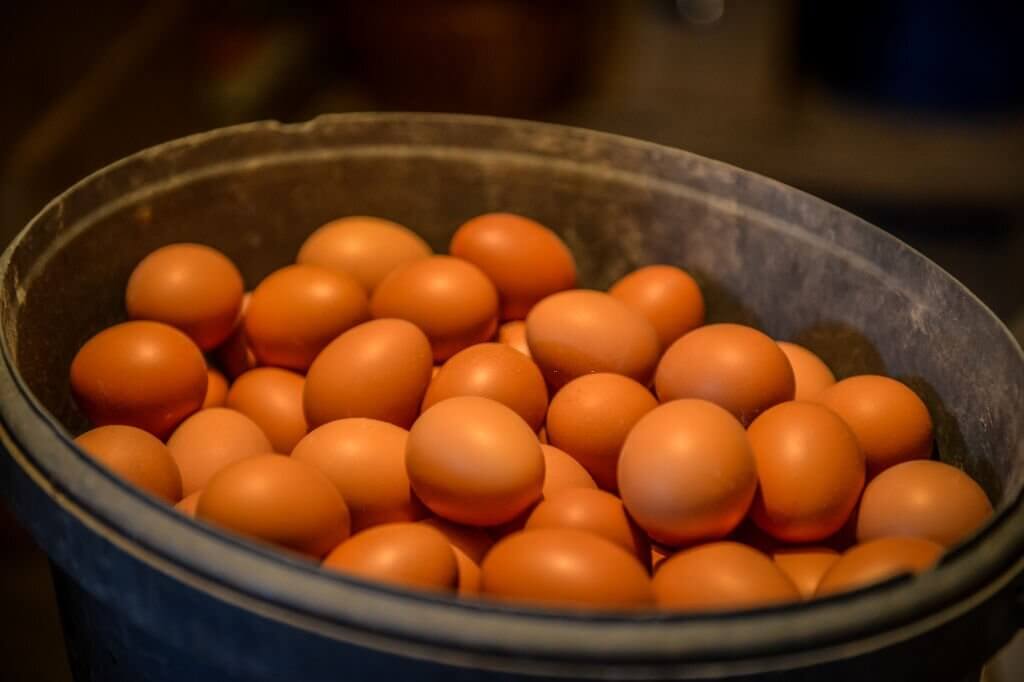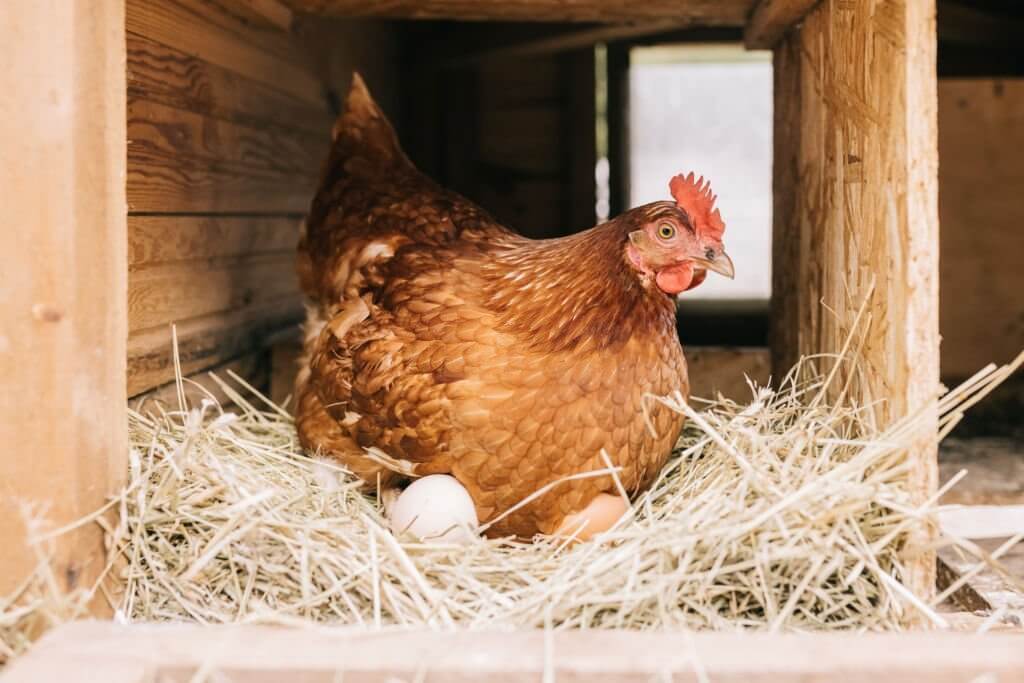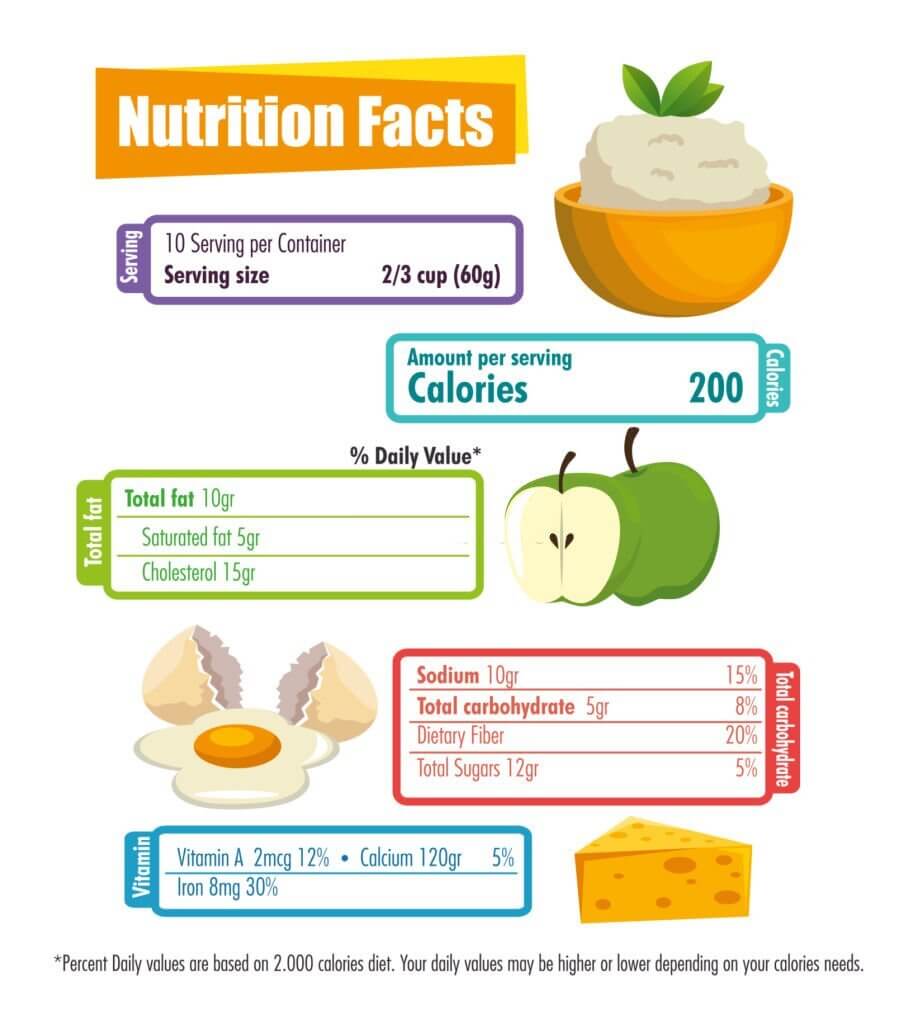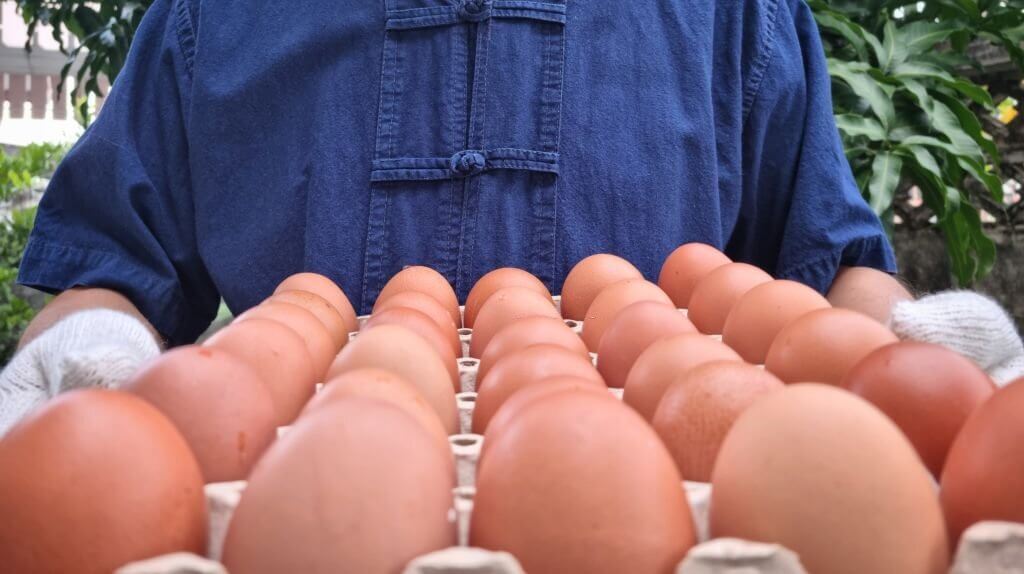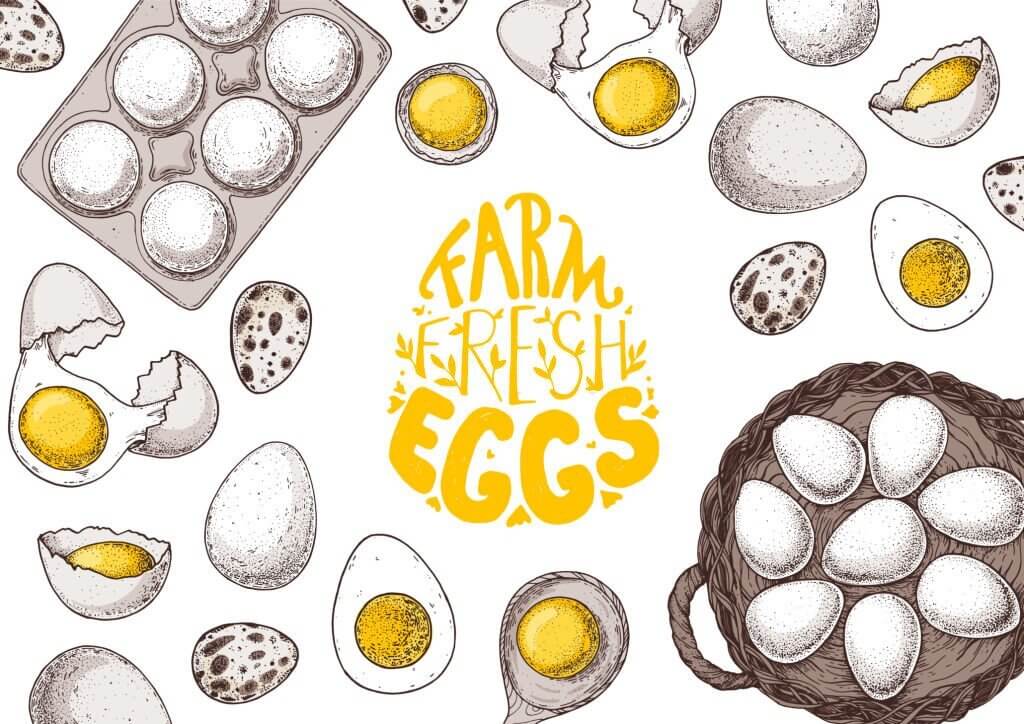You’re not alone if you have been curious about whether chicken eggs are periods. It’s a common question that many people have, and it’s essential to understand the science behind it. In this article, we will explore whether chicken eggs are periods, the process of egg production, and the difference between eggs and periods.
What Are Periods?
First and foremost, it’s essential to understand what periods are. In humans, periods occur as a result of the menstrual cycle. The menstrual cycle is how the female body prepares for pregnancy each month. When pregnancy doesn’t happen, the uterus sheds its lining, which results in bleeding. This is what people usually mean when they talk about a period.
Is Chicken Egg A Menstrual Cycle?
No, a chicken egg is not a menstrual cycle. Although both involve the release of an egg, the processes behind them are pretty different.
In a menstrual cycle, a woman’s body prepares for pregnancy by thickening the lining of the uterus. If pregnancy does not occur, the lining is shed through menstrual blood. This cycle repeats approximately once a month.
On the other hand, chickens lay eggs as part of their natural reproductive cycle. Hens have ovaries that produce and release eggs, which travel through the reproductive tract and are laid outside the body. This cycle can occur once every day or two, depending on the breed of chicken and other factors.
Is A Chicken Egg A Result Of Ovulation?
Yes, a chicken egg is the result of ovulation in a hen. Just like in humans, ovulation in chickens involves the release of an egg from the ovary. However, there are some critical differences in the reproductive systems of chickens and humans.
In chickens, ovulation begins when the ovary releases an egg into the oviduct. From there, the egg travels down the oviduct, fertilized by sperm if mating has occurred. If not, the egg continues down the oviduct, eventually laying outside the hen’s body.
Interestingly, unlike humans, hens can lay eggs even without a rooster. Their reproductive system can still produce and release eggs without fertilization. These unfertilized eggs are the ones we typically find in grocery stores and use for cooking.
How Many Eggs Do Chickens Lay?
The number of eggs a chicken can lay varies depending on several factors, such as age, breed, diet, and living conditions. Generally, most chicken breeds lay one egg per day, although some may lay fewer or more than that.
Younger chickens tend to lay fewer eggs than older chickens, increasing their egg production as they mature. Certain breeds, such as Leghorns, are known for being prolific layers, while others may lay fewer eggs overall.
It’s also worth noting that factors such as diet and living conditions can affect a chicken’s egg production. Chickens fed a balanced diet and have access to clean water and adequate space to move around tend to lay more eggs than those that don’t.
Eggs And The Effect Of Laying On Chicken Health
While eggs are delicious and nutritious food, the act of laying them can have an impact on a chicken’s health. Here are a few things to keep in mind if you’re raising chickens for egg production:
Calcium needs: Laying eggs requires a lot of calcium, as the shells of the eggs are made primarily of this mineral. It’s essential to provide your chickens with a balanced diet with plenty of calcium-rich foods like oyster shells or crushed eggshells. If a chicken doesn’t get enough calcium in their diet, it may start to lay eggs with thin or weak shells or even stop laying altogether.
Stress: Laying eggs can be stressful for chickens, especially if they are kept in cramped or stressful conditions. Stress can lead to decreased egg production and other health issues like feather picking and disease. Ensure your chickens have plenty of space to move around and access fresh air and sunlight.
Age: As chickens age, their egg production may start to decline. Most chickens will lay the most eggs during their first year of life, with production gradually decreasing. While older chickens may still lay eggs, they are less likely to produce them as consistently as younger birds.
Health issues: Chickens who have health issues may stop laying eggs altogether. Common health issues affecting egg production include parasites, respiratory infections, and reproductive disorders.
Overall, while laying eggs is a natural part of a chicken’s reproductive cycle, it’s essential to be aware of its impact on its health. Providing your chickens with a balanced diet, a low-stress living environment, and proper healthcare can help ensure they stay healthy and continue to lay eggs for years.
The Process Of Egg Production
In chickens, the process of egg production is quite different. Female chickens, or hens, have a reproductive system that allows them to lay eggs regularly. The process begins when a mature hen’s ovary releases an egg into the oviduct. As the egg travels down the oviduct, it is coated with layers of albumen (egg white) and then covered with a protective shell. Once the egg is complete, it is laid by the hen.
The Difference Between Eggs And Periods
While both chicken eggs and periods involve the release of an egg, they are not the same thing. The most significant difference is that eggs result from a hen’s reproductive system. In contrast, periods are a result of the human menstrual cycle. Additionally, eggs contain nutrients and are a food source, while periods are not.
Can You Eat Eggs That Are About To Be Laid?
No, eating eggs that are about to be laid is not recommended. When an egg is just about to be laid, it is still soft and has not had a chance to develop a protective coating that helps keep out bacteria. The eggshell is formed in the chicken’s oviduct, and it takes some time for the shell to fully harden and for the egg to become sterile.
Eating eggs that are not fully formed or yet sterile can increase the risk of foodborne illnesses, such as salmonella. It is always best to wait until the egg has been laid and has had time to fully develop and harden before consuming it.
Nutritional Value Of Eggs
Eggs are a great protein source and rich in vitamins and minerals. One large egg contains about 6 grams of protein and vitamin D, vitamin B12, and selenium. Eggs are also low in calories, making them a great addition to a healthy diet.
Common Misconceptions About Chicken Eggs
There are many misconceptions about chicken eggs, including the idea that eggs are bad for your health or that brown eggs are healthier than white eggs. The truth is that eggs are healthy and nutritious, regardless of color. Additionally, egg yolks contain cholesterol, which does not necessarily make them bad for your health. Research suggests that the cholesterol in eggs has little impact on cholesterol levels in the body.
Why Do Chickens Lay Eggs?
Egg laying is an essential aspect of the reproductive cycle for chickens. Just like humans, female chickens have ovaries that produce eggs. When a chicken reaches sexual maturity, usually around 5-6 months old, it will start to make and lay eggs.
In the wild, chickens lay eggs to reproduce and perpetuate their species. However, chickens may be bred specifically for their egg-laying abilities in domesticated settings, and their eggs are collected and used for food.
Conclusion
In conclusion, chicken eggs are not periods. While both involve the release of an egg, they are fundamentally different processes. Chicken eggs result from a hen’s reproductive system and are a nutritious food source. At the same time, periods result from the human menstrual cycle and serve a different purpose. Understanding the difference between these two processes is essential for anyone who wants to learn more about the science of egg production.

